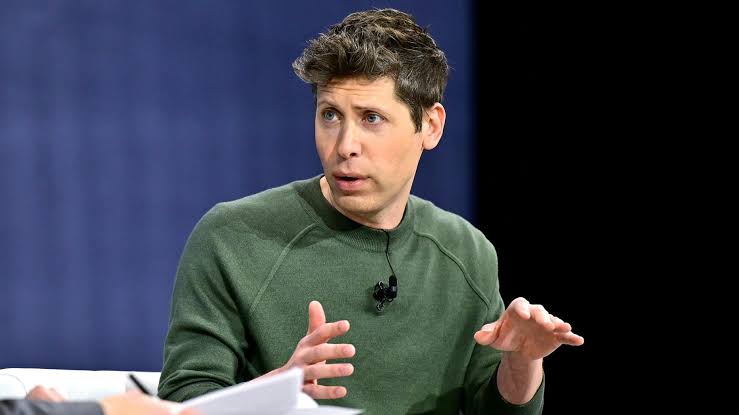OpenAI, the organization behind the popular artificial intelligence (AI) service ChatGPT, has unveiled a new governance structure following a contentious power struggle within the company. The new plan, which keeps the organization under the control of its for-profit board, designates OpenAI as a public benefit corporation in the United States. Previously, OpenAI’s CEO, Sam Altman, had proposed a similar plan in December, but the lack of clarity regarding the non-profit’s control raised concerns. The recent announcement comes in response to increased scrutiny of the startup, which began as a non-profit and faced criticism, including from co-founder Elon Musk, for its focus on growth potentially diverting it from its original mission of creating AI technology for the betterment of humanity. A coalition of former OpenAI employees and external experts, including Geoffrey Hinton, had written to regulators in California and Delaware, urging them to intervene and prevent the conversion. OpenAI’s chairman, Bret Taylor, stated that the decision was made “after engaging in constructive dialogue with the offices of the Attorney General of Delaware and the Attorney General of California.” Under the new plan, the non-profit will continue to oversee OpenAI, receiving a significant, yet undetermined stake in OpenAI’s commercial arm. This arrangement will allow the organization to operate under a simpler governance structure, which had previously capped its profits and hindered its ability to secure funding from investors, including Microsoft. In a letter to staff, Altman explained that the new structure would not be a sale but a change to a more straightforward capital structure, where everyone holds stock. Unlike traditional for-profit companies, public benefit corporations are obligated to serve a public mission alongside their shareholders. Altman believes that growth and expanding access to AI, which requires substantial financial resources, aligns with OpenAI’s mission because it enables people to create remarkable things for each other and contribute to societal progress. He acknowledged that not all the funds would be used for good purposes but expressed trust in humanity and confidence that the positive outcomes would far outweigh the negative ones. The new plan’s impact on investors and critics remains uncertain. Following the announcement, Page Hedley, OpenAI’s former policy and ethics adviser, who had spearheaded the previous letter, stated that while they were glad that OpenAI was addressing concerns from civil society leaders, crucial questions remained unanswered, such as who would own the firm’s technology and how its goals would be prioritized.
